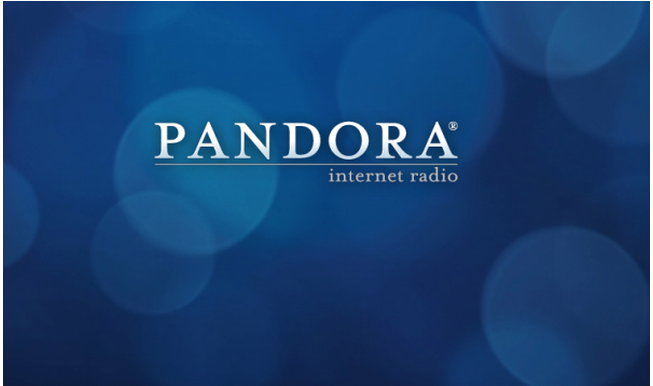I often ask myself do most independent creatives truly understand the current landscape of the music industry and the opportunity that they truly have? I have noticed that some do and some don’t. We are in an interesting time within the music industry because of what role the Internet has played over the last 5-7 years. For the first time in the history of the music business the artist is in complete control of their entire career. Artists can create their own fan base organically, sell their songs and create merchandising situations because of the Internet. For many years record labels were in the business of finding and developing talent and selling their recorded music for a profit. Most artists were signed to major record companies where all the artist was really required to do was to deliver a great project and have the label assemble the team and budget that would work the project through the proper album cycle that was designated by the label accordingly. The Internet has flipped this particular concept upside down because the artist now has to play the role of CEO of his or her own small business. You as an artist must make sure that you have assembled the right team that can help you execute the proper roll out (pre-launch) launch, and post launch of all of your projects when it comes to music, touring, and merchandising, and by doing this you can then put yourself and more importantly your business in the best revenue generating situations. The Internet has also allowed artists to make music that is true to them and the art that they desire to share with their desired audience. Artists in the past often were forced to do music that they didn’t really love and believe in during the pre-digital era in the music industry. The Internet has allowed music to be consumed much faster by the consumer. The industry now embraces content creators much more than just being a musician. Independent artists who are successful under the new landscape do an excellent job in delivering their fans awesome experiences in turn they will turn their existing fan into SUPER fans.
When it comes to how major radio play impacts the independent artist you have to ask the question first of what is the overall goal for that particular artist. If an indie artist has a desire to compete in the mainstream radio arena, they must first really understand what they are really asking for. Once you enter the “game” you have now opened up your competition to artists with big corporate machines behind them. In my opinion I believe it’s really impossible to be noticed by your desired target audience. In this type of arena an artist must have a budget of anywhere between $35-40K to engage in any sort of national radio campaign. The next thing to really think about is how your song being played on major radio will generate into revenue for your business. Most of the time even if your single gets played, it won’t be played during a time where potential fans could discover you as a new artist. There is a business process when it comes to the major radio game. The major record labels often control the playlists as well as the major media conglomerates such as IHeart Media Inc. & Cox Media Group. Lastly terrestrial radio is very much a dinosaur concept as far as getting exposure because most consumers listen to radio on other formats such as Pandora, Slacker, Tunein, etc. Consumers of music in today’s music landscape like to have choices of what they listen to. No longer do consumers want to be told what they MUST or HAVE to listen to. I would advise all indie artists to focus mostly on the streaming platforms as well as the Internet radio shows as a means to get maximum exposure for your music. Consumers who are listening to music these ways are often more apt to discover you and want to be a part of your growing fan base.
What I also really love about the internet radio landscape is the framework that is in place to track the actual spins via a tool called The Digital Radio Tracker (DRT). The DRT also allows indie creatives to gauge how their radio songs are doing in the digital landscape and purchase the spin reports if needed (please keep in mind that not all digital stations report to the DRT nor are they all monitored 24-7). Another great thing about internet radio is the ability for indie creatives to get paid performance royalties as well as additional royalties for being the registered rights owner via a digital Performing Rights Organization called SoundExchange. SoundExchange only pays royalties to creatives who only have music airing digitally on non-interactive platforms. A better and easier way to understand what that actually means is basically only platforms in which music is broadcasted on air and the end user cannot control what’s being played. SoundExchange also pays out royalties monthly which is great because I always say that creatives who are able to see revenue generated from the art they create is a driving force that helps to keep them encouraged to keep building and moving forward toward a successful music career.
“Making A Difference In The Indie Creative Community”
Till Next Time
~Durell

